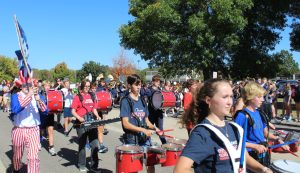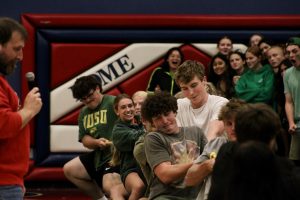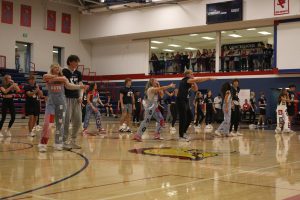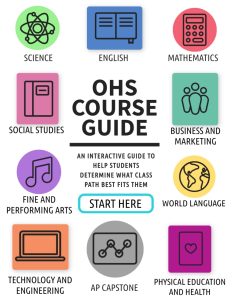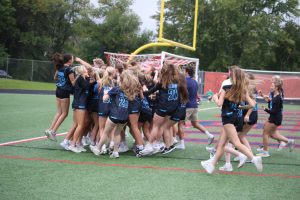Do Life Skills Matter Anymore?
March 2, 2015
Ranking fourth in the top 100 best schools in Minnesota, Orono is most definitely known for outstanding academic achievements. Orono makes a noticeable effort to provide all information and advice necessary for students going to college so they can succeed in the real world. One thing Orono may have overlooked is endorsing classes for life skills during and after college.
“Orono focuses a lot on being a school of character and being one of the top schools in the nation, which we are. We’ve won all these awards, and that’s great, but I think it says something when a student can pass a high level test, but can’t even do their own taxes or, regardless, make a family dinner,” said senior Kerri Penke.
Family and consumer sciences (FACS) are classes that help develop students for life as an adult. These classes include cooking, early childhood development, textiles, financial responsibilities, parenting, and much more. In fact, almost all local schools such as Wayzata, Minnetonka, Delano, Watertown-Mayer, and many more have FACS classes, yet Orono does not.
“I feel like we’re more college education focused. They rely on the idea that you know it or learned it on your own, but they should have the option if someone wants to take it,” former Orono graduate Alex St. Dennis said. “I mean, I’m still learning how to do my own taxes.”
According to American Association of Family and Consumer Science (AAFC), student enrollment averages during the 2010–2012 academic years in FACS secondary programs were a little under 3.5 million. This implies that the enrollment in family and consumer science classes has dropped an astonishing 38% over the last ten years.
“I think there are some high schools it would be great for that already have a space dedicated to it or they value it as a community,” said Orono High School Principal David Benson. “But in my mind, the world is changing.”
As of today, 50 percent of states are reporting a shortage of FACS teachers to be a concern. The lack of teachers shows a lower amount of students enrolling in those classes. This makes schools have to decide whether to close the program, or hire more teachers that aren’t even remotely qualified for the work of experienced FACS teachers.
About twenty years ago, Orono once had a Home Economics program at the high school. It was mainly taught by Deanne Ronald, now full time guidance counselor at the Middle School.
“Rather than go out and hire a halftime family and consumer science teacher with a really small program to begin with, they just made the decision to eliminate it altogether,” said Benson.
The ‘bringing back Home Ec’ message has been slowly inching it’s way into social media and other news websites recently as well. Even though the program has been dying, it stays prominent in 50 states.
AAFC said, “Today, as we face a nationwide obesity crisis as well as turbulent economic conditions, the need for essential life skills in financial literacy, nutrition—and indeed all areas of FCS—is as strong as it was in the early days of home economics. And that is the message behind the ‘bring back home ec’ movement that seems to be forming.”
“Life skills are important, obviously, and we’re going to have to deal with them especially since we’re graduating soon and we’re going to have to figure out how to be on our own.” senior Ellie Maddock said.

















































